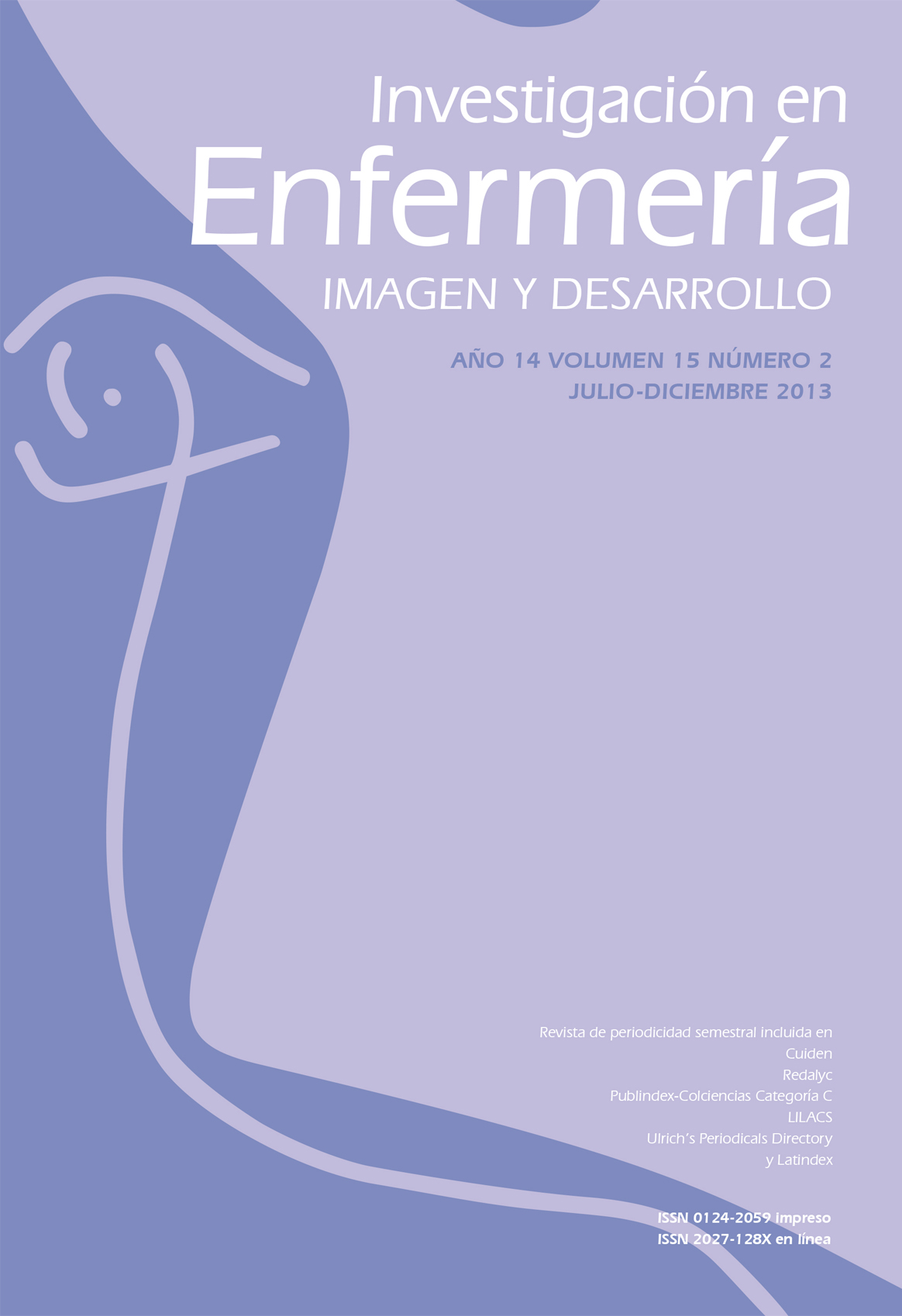Abstract
Chronic obstructive pulmonary disease (COPD) generates effects on the health of the individual who suffers from it, because it limits their participation in daily activities and negatively affects the quality of physical and social life. Consequently, the role of the nurse and the application of theories loom large in the establishment of an effective interaction with the patient to improve their health. When Imogene King’s theory of goal attainment is applied to the individual with COPD, the patient and the nurse create an interaction based on perceptions, judgments and actions, and these, in turn, generate reactions and produce transactions that allow the individual to achieve the objectives. King includes three dynamic interacting systems: personal, interpersonal and social, which become tools that allow the nursing professional guide an integral assessment and care of patients. Additionally, the proposals from the theory direct the care of patients with COPD, where education is fundamental to the achievement of objectives, since it compensates the knowledge deficit, gets treatment acceptance, improves the patient´s confidence in regards to decision making and management of their disease and facilitates the establishment of objectives and interventions by mutual agreement, that result in positive outcomes for the patient in terms of reduction of symptoms, activity tolerance, improved quality of life, decreased exacerbations and increased physical and social performance.The journal Investigación en Enfermería: Imagen y Desarrollo is registered under a Creative Commons Attribution 4.0 International Public License. Thus, this work may be reproduced, distributed, and publicly shared in digital format, as long as the names of the authors and Pontificia Universidad Javeriana are acknowledged. Others are allowed to quote, adapt, transform, auto-archive, republish, and create based on this material, for any purpose (even commercial ones), provided the authorship is duly acknowledged, a link to the original work is provided, and it is specified if changes have been made. Pontificia Universidad Javeriana does not hold the rights of published works and the authors are solely responsible for the contents of their works; they keep the moral, intellectual, privacy, and publicity rights.
Approving the intervention of the work (review, copy-editing, translation, layout) and the following outreach, are granted through an use license and not through an assignment of rights. This means the journal and Pontificia Universidad Javeriana cannot be held responsible for any ethical malpractice by the authors. As a consequence of the protection granted by the use license, the journal is not required to publish recantations or modify information already published, unless the errata stems from the editorial management process. Publishing contents in this journal does not generate royalties for contributors.


